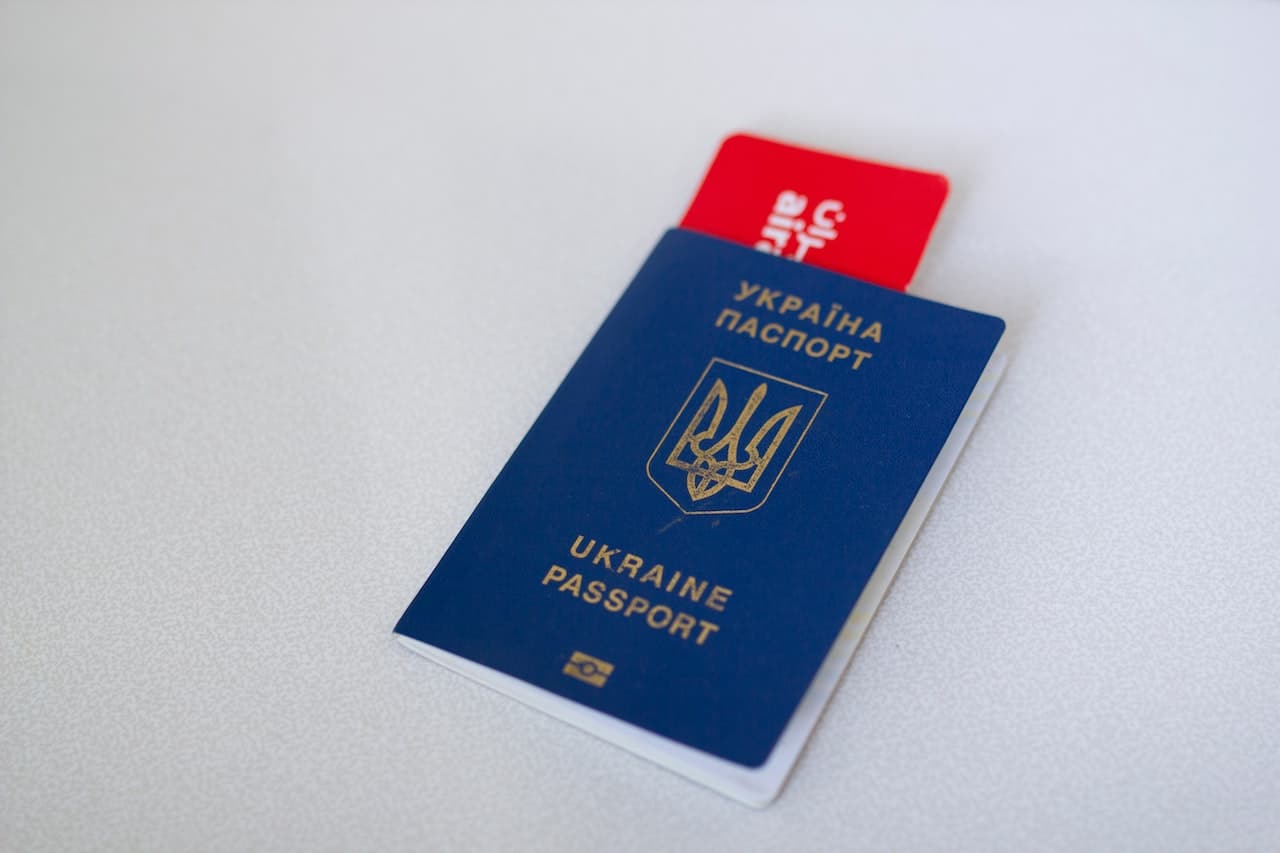The first German state – Hesse – is denying travel documents for international travel to Ukrainian men of conscription age, which in the absence of it, would replace a foreign passport.
The state authorities announced this in May, but nobody believed it. The first refusals took place in June, and on July 31 the Ministry of Labor and Social Affairs of Hesse gave an official response to the right-wing populist parliamentary party “Alternative for Germany” (AFD). The message from the Hesse Ministry is clear – to help the Ukrainian government in implementing the conscription law, in response, we read: “As a matter of principle, the Hessian Department of Foreign Affairs will not issue German identity documents to Ukrainian men of conscription age, which replace documents entitling them to travel abroad. They can go to Ukraine to obtain a passport and complete military service” and further: “Recruiting people to participate in the defense campaign against Russia and thus encouraging them to return to their homeland is in Ukraine’s clear interest”. – comments Yuri Orlov, CEO of Gremi Germany.
A report from the Ministry shows almost 20,000 Ukrainian men of conscription age, from 18 to 60 years, live in Hesse. According to the Hessian administrative services online portal, German travel documents replacing foreign passports can be issued to citizens of other countries only in exceptional cases, as this violates the passport sovereignty of another country. Such a document may be issued if the person proves that they do not have a passport or a document replacing it and has no opportunity to obtain it. Each decision is considered individually.
“The New York Times”, citing military experts, says that as of June 1, after the adoption of a new mobilization law, men of conscription age living permanently abroad cannot leave Ukraine. Since then, authorities have been drafting 30,000 soldiers each month – two to three times more than in the winter, and approximately the same number of conscripts are being sent to Russia each month.
These figures aren’t confirmed; the Ukrainian authorities claim the data is confidential. Many conscripts are still in training and haven’t yet reached the front, several are unfit for military service due to physical reasons, so the situation hasn’t significantly improved. Among recent decisions made at the NATO Summit – namely the deployment of US missile systems in Germany – this could imply that other states might follow the path of Hesse. For now, this is a decision made by one of Germany’s federal states and it’s too early to tell if it will be supported at a national level and become common practice. If supported by other federal states, this would imply for the Polish labor market that workers would return to Poland, as personal safety would outweigh slightly higher wages in Germany. It’s understandable that no men are going to return to Ukraine just to get a new foreign passport without the prospect of being able to leave the country again. – Orlov summarizes.
Source: https://managerplus.pl/pierwszy-niemiecki-land-pomaga-ukrainie-w-rekrutacji-poborowych-34347
